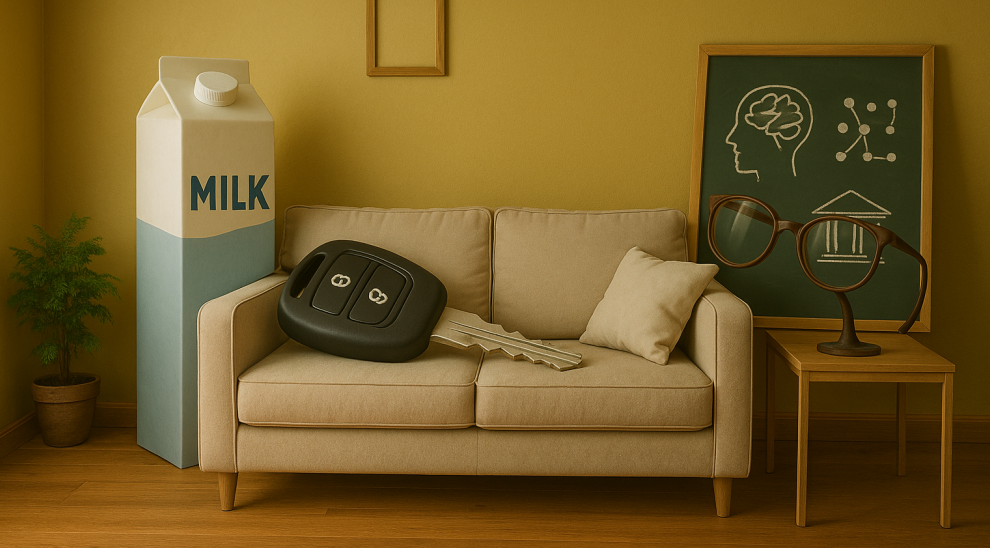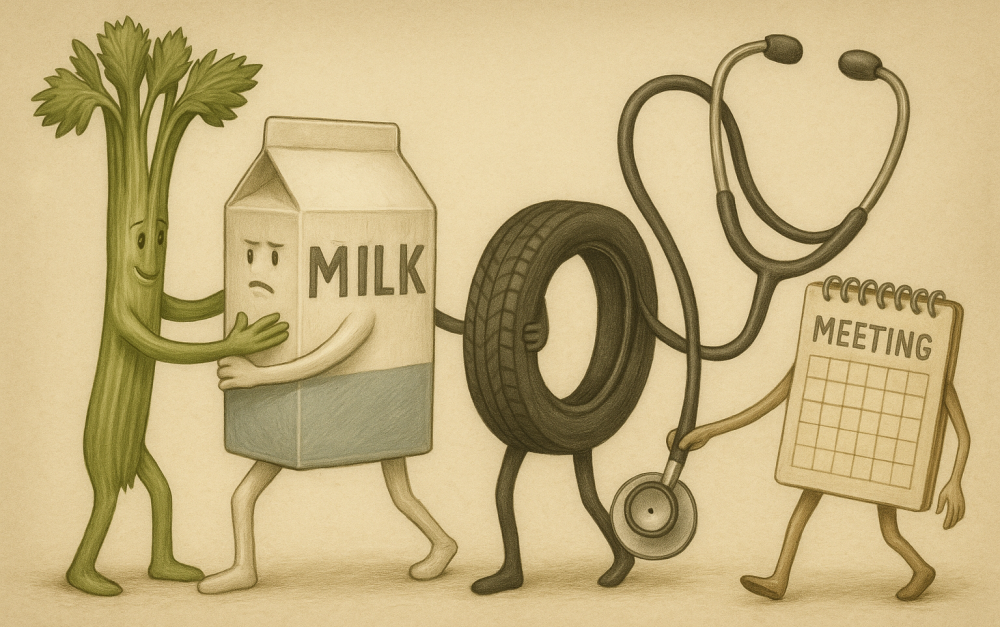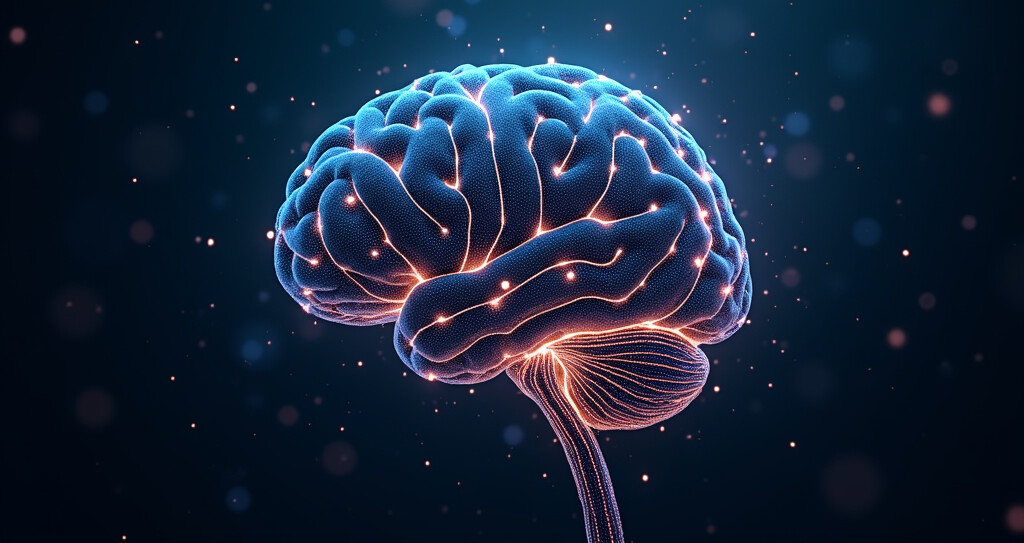Getting older often comes with noticeable changes in memory, but understanding what these changes mean can really put your mind at ease. It’s totally normal for seniors to face challenges like occasionally forgetting names or where you left those keys, thanks to normal age-related memory changes.
Various factors can influence how our memory ages. These include genetics, lifestyle choices like diet and exercise, and even how socially active you are. All these elements can affect brain health, and since everyone’s path is a bit different, recognizing this can help in managing what’s going on.
Why is maintaining cognitive health so crucial? Well, just like physical exercise keeps your body fit, keeping your brain active is key to a lively, fulfilling life as you age. Good cognitive health lets you stay independent, touchingly engaged with loved ones, and it’s just an overall mood booster.

Ancient Wisdom: Memory Palace Technique
The Memory Palace technique, with ancient Greek roots, is a time-tested strategy for improving recall. The Greeks, wisewith their learning, used this method to remember long speeches and information by visualizing a familiar place and associating different pieces of information with specific spots within that place.
Getting started with your own Memory Palace involves selecting a location you know well—your home is usually a good choice. Then, simply walk through the space in your mind, placing pieces of information in distinct rooms or landmarks along the pathway. When you need to remember something, just take a mental stroll through your palace.
This method can be especially beneficial for seniors, as it taps into spatial memory and imagines locations you’re already familiar with, making it easier for the brain to file away and then retrieve important details. It doesn’t just enhance memory; it also adds a bit of creativity and fun by turning recall into a vivid, imaginative exercise.

Modern Takes: The Link Method by Harry Lorrayne
Harry Lorrayne’s ‘The Memory Book’ introduces a clever approach known as the Link Method, a simple yet effective technique for enhancing memory. By creating vivid and sometimes silly links between pieces of information, this method helps boost memory retention and recall.
So, how does the Link Method work? Imagine you need to remember a grocery list. Picture an exaggerated, funny scenario linking those items—like a banana wearing socks juggling apples—and the more outrageous, the better your brain holds onto the image.
When weighing the Link Method against the Memory Palace, you’ll find they both excel at different things. The Memory Palace leverages familiar spaces to memorize and recall, whereas the Link Method focuses on creating bizarre and memorable associations, making it perfect for shorter lists or sequences.
For seniors, these vivid associations can be a real game-changer in everyday life. The brain tends to remember playful and unusual connections better, reducing the effort needed to recall everyday things and making learning fresh and entertaining.

Playing to Remember: Cognitive Games for Mental Agility
Brain games are more than just fun; they’re a genuine workout for your mind! For seniors looking to give their memory a good stretch, certain cognitive games can be particularly beneficial.
Classics like Sudoku and crossword puzzles offer a fantastic way to keep your brain engaged. They challenge your pattern recognition and problem-solving skills in a relaxing, enjoyable format. Trivia games, which can be played solo or with friends, help with recall and offer a delightful way to relive favorite memories.
Memory-specific games like “Concentration” (the classic card game) are outstanding choices. They build focus and improve short-term memory by matching pairs, and who doesn’t love a little friendly competition?
How exactly do these games help? They stimulate neural pathways by forcing your brain to respond to new challenges and solve problems, promoting cognitive plasticity. This means your brain can adapt, grow, and become more efficient even as you age.
Incorporating these games into day-to-day life is a straightforward way to exercise your memory. Plus, the social aspect of many games provides a wonderful chance for interaction, which in itself is a great boost for mental health. So go ahead, pull out that deck of cards, download an app, or grab a puzzle book, and enjoy strengthening your mind!
Incorporating Memory Enhancement into Everyday Life
Elevating your cognitive skills in daily life is about blending meaningful activities into your routine. One of the simplest methods is to maintain curiosity—stay interested in learning something new, like picking up a musical instrument or trying a new hobby.
Physical activity isn’t just great for the body; it’s essential for brain health too. Activities like walking, yoga, or even dancing can boost memory by improving blood flow to the brain and reducing stress. Regular exercise has been proven to encourage the growth of new brain cells and keep memory sharp.
Socializing is another powerful tool for enhancing cognitive abilities. Engaging in conversations, joining clubs, or attending classes not only keeps you active but also enhances memory through social interaction, reducing feelings of loneliness and depression, which can negatively affect mental health.
Incorporating mindfulness and relaxation techniques, like meditation and breathing exercises, can help manage stress and focus the mind. These practices enhance attention and support memory retention.
Different from games and exercises, these everyday activities integrate seamlessly into life. By staying active, socially engaged, and mentally stimulated, seniors can keep their memory fit and tackle everyday tasks with greater ease, ensuring a vibrant, independent lifestyle well into the golden years.
